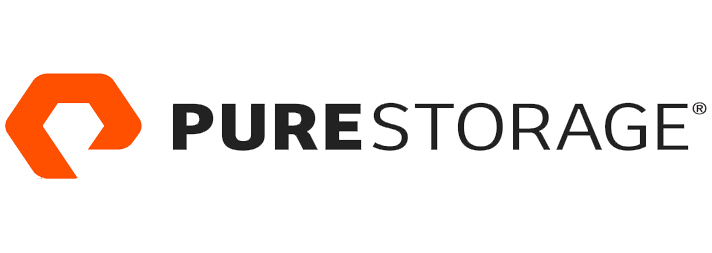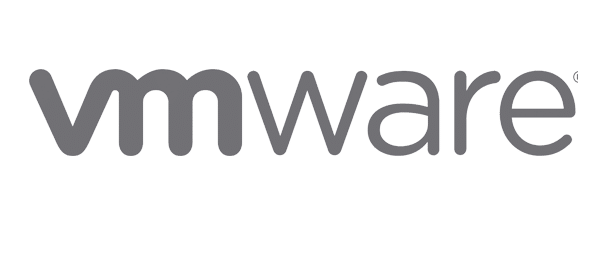Virtualization Versus the Private Cloud: When Private And Hybrid Solutions Are Preferable
In 2019, the cloud is more than a mere buzzword; it’s an expected component of IT strategy, even for small to midsize businesses. Estimates vary, but experts largely agree that the majority of companies are already on the cloud — and that cloud strategy will continue to dominate IT solutions in years to come.
At this point, it’s no longer a matter of whether or not the cloud is worth adopting, but rather, which type of cloud should be pursued. From public solutions such as Microsoft Azure and AWS IaaS to private and even hybrid approaches, options abound. Below, we take a deep dive into increasingly prevalent private and hybrid solutions, as well as virtualization as a potential alternative.

Private Cloud Solutions and Hybrid Cloud Solutions: By the Numbers
A recent cloud survey done by Logic Monitor offers valuable insight into the role that the public, private, and hybrid play in current IT operations — and the role various types of the cloud may play in the near future. Survey respondents predicted that 20 percent of workloads would run from the private cloud by 2020, with an additional 22 percent of workloads expected on the hybrid cloud. Respondents predicted that just 27 percent of workloads would be handled on-premises.
While those involved in the Cloud Vision study hold high expectations for the cloud in the next year or two, their long-term predictions are even more notable. Over one-fourth of respondents claimed that 95 percent of all workloads would be run in the cloud within the next five years. This survey was conducted in November of 2017; based on these predictions, nearly full cloud adoption will have occurred by late 2023.
Data from a leading cloud management platform suggests that most companies prefer a multi-cloud approach. This should not be confused with the hybrid cloud. the term ‘multi-cloud’ merely indicates that a company maintains more than one cloud; many spread operations over two or more public clouds, while others opt for multiple private clouds. A hybrid solution occurs when both a public and private cloud are utilized.
Why Are Companies Pushing For the Private Cloud?
The public cloud remains the most sought-after solution for most companies, but many are pulling back from the public cloud. Increasingly, companies are expressing concerns regarding privacy and security. Compliance is also a chief source of worry; in the aforementioned LogicMonitor study, 60 percent of respondents cited governance and compliance as a key area of concern regarding public cloud adoption and maintenance.
Generally, proponents regard the private cloud as supplying the benefits of the public cloud while bypassing many of the most pressing concerns regarding security and compliance. Private clouds provide similar services to their public counterparts, but with a far greater degree of control. With the private cloud, resource segmentation provides safeguards at several layers, thereby delivering greater peace of mind.
In many cases, private cloud solutions are preferable purely due to personalization. Private cloud solutions are designed specifically with the adopting company’s needs in mind. Private clouds can be more efficient, and ultimately, less costly. This should be a chief area of consideration given the rapid growth of public cloud spend in recent years.
Hybrid Cloud Solutions: A Viable Middle Ground
Businesses seeking maximum agility increasingly prefer the hybrid cloud, which blends elements of not only public and private cloud solutions, but also traditional on-premises approaches. While these various elements hold numerous touch-points or sources of integration, they remain independent enough to prevent data leaks.
Hybrid cloud solutions can look radically different from one company to the next. It all comes down to priorities. Businesses that emphasize robust cybersecurity may prefer an on-premises approach to any workloads deemed capable of compromise on the cloud. Other businesses, however, may prefer the high availability that is most possible with a predominantly private strategy featuring the potential for public overflow in the event of a resource peak.
Ultimately, the hybrid cloud is a preferred solution for companies seeking a blend of agility, scalability, and efficiency. Hybrid solutions combine the security and controls of the private cloud while adding some of the flexibility of public cloud offerings.
When Is Virtualization a Better Option than the Cloud?
The terms virtualization and cloud computing are often regarded as interchangeable. In reality, however, a vast chasm exists between these two concepts. Virtualization may serve as a foundational element upon which cloud computing is based, but it is possible to pursue a virtualized strategy without actually entering the cloud.
With virtualization, networks do not actually send data into the cloud. Rather, software is used to divide hardware into virtual machines, thereby significantly improving flexibility and productivity in regards to data handling. That being said, virtualization does not provide the all-encompassing approach associated with the cloud. For this reason, many businesses prefer a blended approach involving a private cloud layered over a robust virtualization strategy.
The main argument in favor of virtualization: security. That’s not to say that virtualization comes risk-free. However, a virtualized approach can sidestep many of the security concerns associated with public and hybrid cloud solutions, while still providing the potential to eventually move into the private cloud. It’s the best of both worlds for those who eventually desire cloud functionality but are perhaps not quite ready to make the transition.
No one cloud solution is a viable option for every business. Ultimately, it’s about determining priorities and how a particular cloud or virtualization approach will best meet each company’s unique needs. This will look a bit different for every business, but one thing is clear; the cloud is here to stay.
Interested in migrating to the cloud but not sure where to start? Contact Comport today to learn more about our technology solutions and how they might fit into your overarching strategy.

























